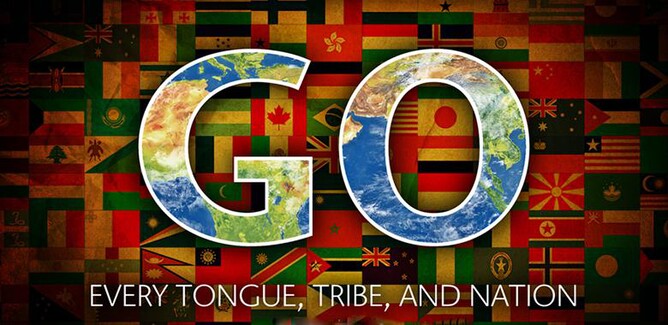So, what is commendation, anyway? It’s a word we don’t typically use in our everyday conversations, is it? The Oxford dictionary puts it this way, “an act of commending or recommending (esp a person to another’s favour)”
For me that’s a clear explanation that fits well with the term frequently used in the Bible around the life of the early church. In this setting, apostles and teachers moved from one place to another, bringing the gospel message and encouragement for holy living to the people in churches where they weren’t known. For example, Paul ‘commended’ Timothy and Epaphroditus (Phil 2) to those meeting in the church at Philippi. It was as if Paul was establishing their creds. He is asking the Philippians to receive these men on the same basis and with the same confidence as they would have received Paul himself. He writes in a way that they should receive and respect these men they did not know and trust, purely and simply because he knew and thrusted them. He was vouching for Timothy and Epaphroditus. He was guaranteeing their spiritual bona fides. A strong relationship sat behind it, enabling Paul to do and say what he did in recommending them to the Philippians.
Fast forward to our world today! What relevance does commendation have now?
At GC3 we are excited! God is at work, tugging at the hearts of His people to abandon their ‘Kiwi Comforts’ to go and take the gospel and God’s call to holy living to people across the globe, often in difficult and dangerous circumstances. More and more we are seeing people responding to this challenge.
But have you ever wondered how that looks for people in the receiving community? Natural questions for them might include, “What right have they got to come to us?”, “Are they coming with a servant heart?”, “What exactly are they coming to do?”, “How can we check their suitability and their Christian maturity?”, … and so the list goes on.
Who better is there then than the local church elders to address these sorts of valid questions? They are people who can be trusted, and they have or can develop the relationship in order to work through ‘the tough questions’, vouching for the suitability of the person or people going. They can ‘commend’ or recommend “a person to another’s
favour”. There is confidence that they will be honest in their assessment. There’s a foundation of confidence that can be relied on.
That’s why we believe there remains a strong case for commendation today, and that is why we have a booklet available entitled the “Commendation Process”. Whether you are responding to God’s call on your life or are in church leadership and have been approached by someone who is, you’ll find this is an invaluable resource. Ask for your free electronic copy by email to operationsdirector@gc3.org.nz. In it you’ll find useful information as well as a helpful checklist to ensure all aspects of care and support are covered off. We’re here to help and support you and will love to journey with you through a partnership in reaching the world with the Gospel of Jesus.
SEFTON MARSHALL | GC3 OPERATIONS DIRECTOR

